by Ngo Tu Thanh (Frank Tu)
Buzen is a small coastal city located in the northeast of Fukuoka Prefecture. Despite its small size, both area-wise and population-wise (approx. 24,000 residents), Buzen City has amazed me with its efforts to promote international cooperation and multiculturalism. After fieldwork in Buzen, in this blogpost, I want to share my experiences and the reasons why officials in Buzen are working hard for the city’s internationalization. My first (online) contact in Buzen in September 2021 was with Ms Ngo Thi Nhung, a Vietnamese national working in the City Hall of Buzen, who is a member of the chiiki okoshi kyōryokutai (COKT) Program and also contributed to our blog . I was surprised that Ms Nhung was recruited to work at the city hall and being a Vietnamese national myself, I was also happy to meet a fellow “comrade”. When I connected with Ms. Nhung via Facebook I realized that she is also one of Buzen’s foreigner-friendly official Facebook page admins. Her role in promoting Buzen’s public relations really sets Buzen apart from other localities, as she connects the local government with the public. Thanks to Ms Nhung I could directly arrange appointments with local officials via Buzen’s Facebook page. Last year, I was able to secure an online meeting with both Ms. Nhung and her direct supervisor, who told me that promoting international cooperation is one of Buzen’s main regional revitalization strategies.
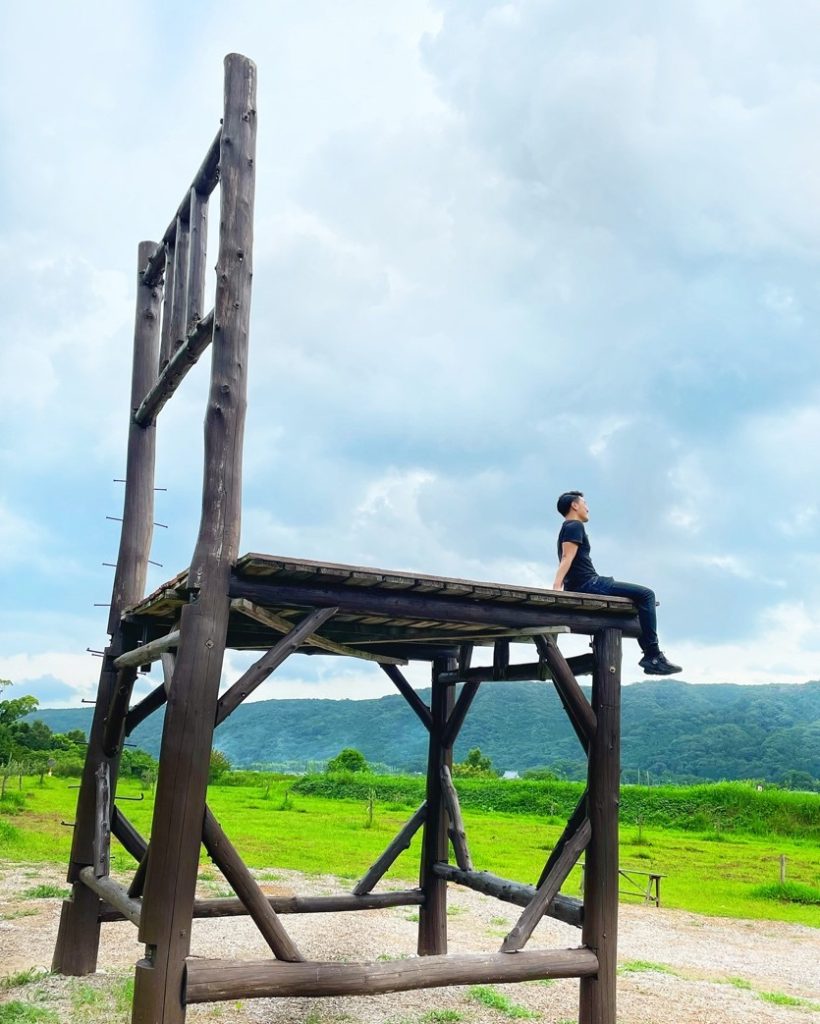
Copyright © Ngo Tu Thanh 2022
Months had passed since our first online interview and when I finally made it to Japan, I attended a diplomatic event between Vietnam and Japan in Fukuoka in July 2022, where chairmen of Vietnamese provinces and their counterparts from Fukuoka Prefecture and other localities in Kyushu came together to promote bilateral partnership. To my surprise, I saw the booth of Buzen City at the event and, more importantly, I also met the official whom I interviewed online. This coincidental encounter was really a joy as neither I nor the Buzen’s official expected to meet each other at an event hosted by the Consulate of Vietnam in Fukuoka. We exchanged contacts and talked briefly. He told me that Buzen is currently trying to strengthen its partnership with Taiwan and Vietnam, and the Mayor of Buzen was at that time on a business trip to Vietnam with Ms. Ngo Thi Nhung to cultivate new opportunities.
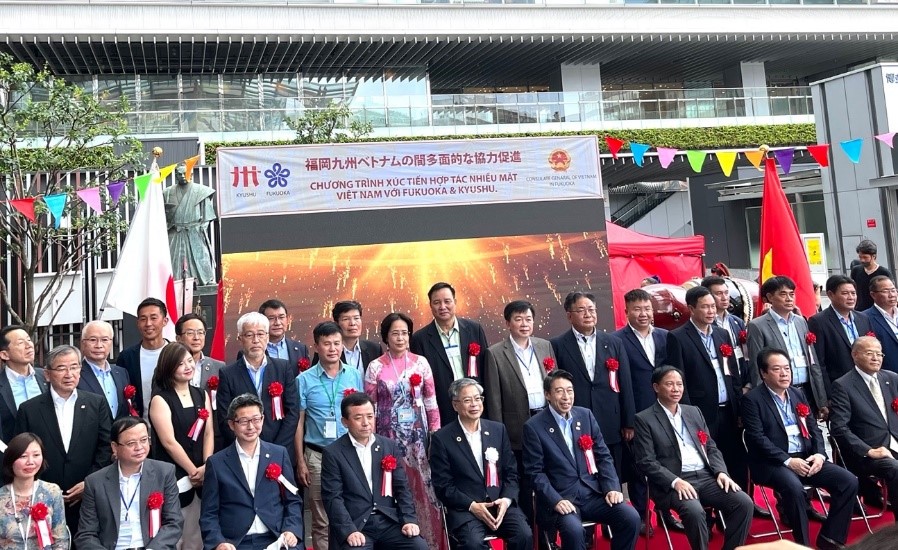
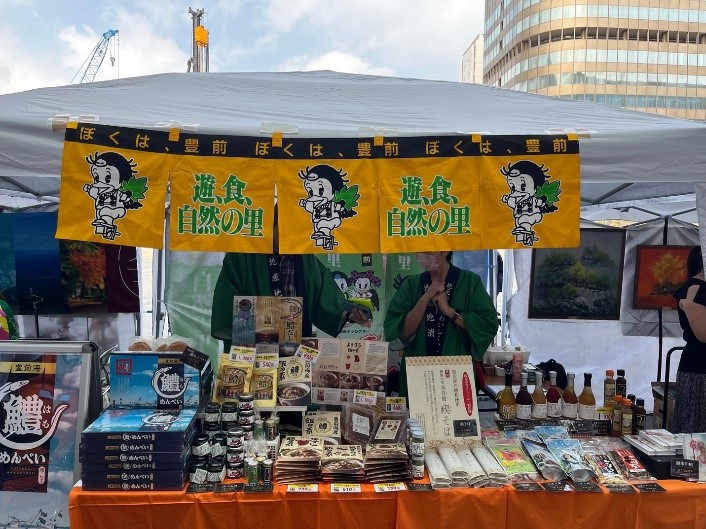
Copyright © Ngo Tu Thanh 2022
In August, I finally went to Buzen. After visiting the city hall and conducting interviews with officials, I learned that the city had just established a new division for international cooperation and multiculturalism (kokusai kyōsei suishin shitsu) with four members, including the official I met online and in Fukuoka, Ms Nhung and another COKT with an international background, who has lived in Switzerland and Taiwan for several years. This new division was established as part of the mayor’s vision to develop the city by strengthening the partnerships with Taiwan and Vietnam and supporting foreign nationals living in Buzen. For instance, Buzen is trying to invite Vietnamese universities to establish local branches in the city, where both international and local students can study. Also, Buzen is looking for business partners in Vietnam who can import Buzen’s local products. Next, in order to promote mutual understanding and support foreign residents (most of whom are Vietnamese technical interns), Buzen also organizes Vietnamese language sessions for locals, and Japanese language courses for foreign nationals. In order for me to directly experience their activities, the officials also invited me to join two events.
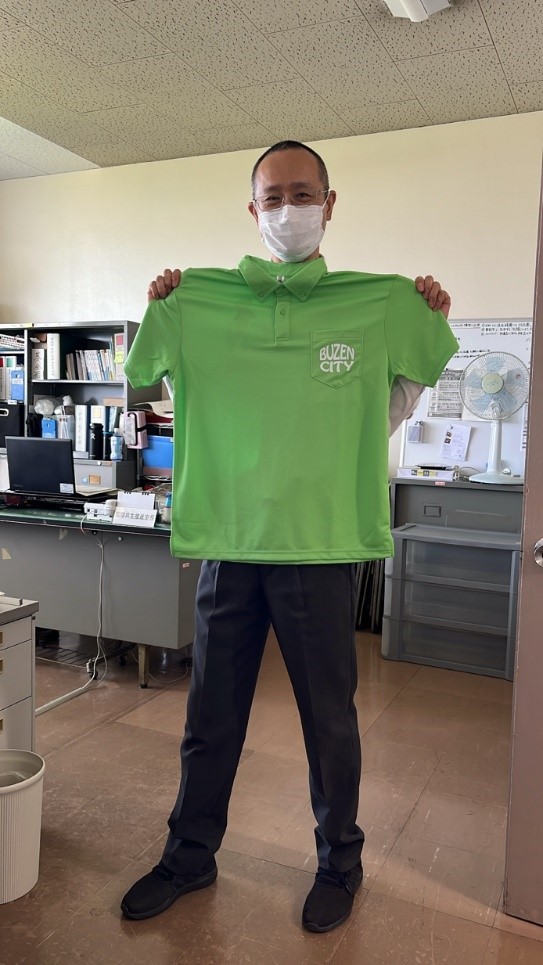
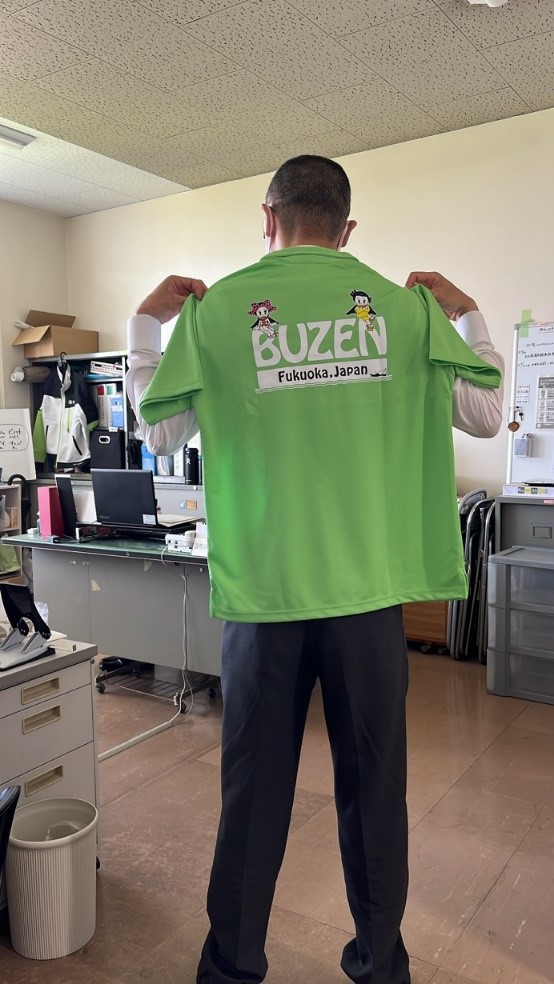
Copyright © Ngo Tu Thanh 2022
I joined a meeting between local officials and a Taiwanese professor who is teaching in Kitakyushu to prepare a Taiwan festival in Buzen in 2023. The event aims at promoting tourism and mutual understanding. The Taiwanese professor came to the meeting with a meticulous plan for the festival and presented his ideas for activities to be conducted at the festival. These included hosting Taiwanese cooking lessons and launching sky lanterns. He also prepared some sample Taiwanese foods for us to try. At the end of the meeting, the officials said they would continue to discuss the plan in the months to come. The officials were very open and flexible with the plan and to test new strategies and ideas. The meeting also made me aware how academics interact with bureaucrats in rural Japan.
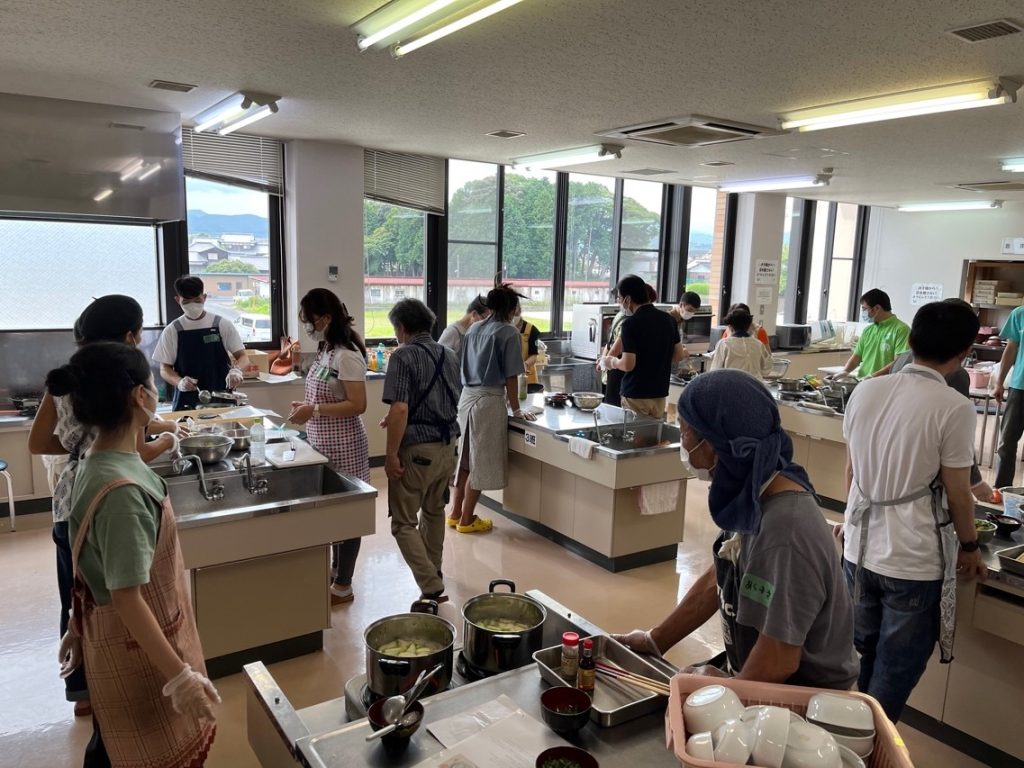
Copyright © Ngo Tu Thanh 2022
The second event I joined was a Vietnamese cooking day organized by Buzen’s local residents and supported by the city hall’s staff. The event featured one of Buzen’s signature agricultural products: loofahs (hechima). Since loofahs are frequently used in the Vietnamese food culture, local residents wanted to learn how Vietnamese people cook it. For this reason, many Vietnamese residents in Buzen joined the event, and together we made six different loofah-based dishes. The event was also a way for local residents and Vietnamese nationals to meet and learn from each other, thereby increasing mutual understanding. After the event, the officials had organized a discussion session where participants could exchange ideas to promote multiculturalism in Buzen. Given that the majority of Vietnamese (and other international) migrants in Buzen are technical interns (ginō jisshūsei), the conversation quickly turned towards this topic. First, Japanese residents acknowledged that the Technical Intern Training program is highly problematic and, in many cases, cruel to Vietnamese participants. While the goal of the program is to provide interns with technical skills that can be transferred back to their home countries, many interns have to undertake repetitive and low-skilled jobs. Ms Nhung made a passionate speech, saying that she had heard of many cases where Japanese firms mistreated and abused Vietnamese interns, considering them only as cheap labor. She hoped the authorities would improve the program. Buzen’s local officials also shared this passion and asked for suggestions to protect and support interns in Buzen by establishing direct hotlines for interns to consult and report cases of mistreatment. That said, some Vietnamese technical interns who participated in the event said that they were personally treated decently, despite the challenging jobs that they were undertaking. During the discussion session, both local residents and officials of Buzen seemed very sympathetic, polite, and willing to take immediate actions.
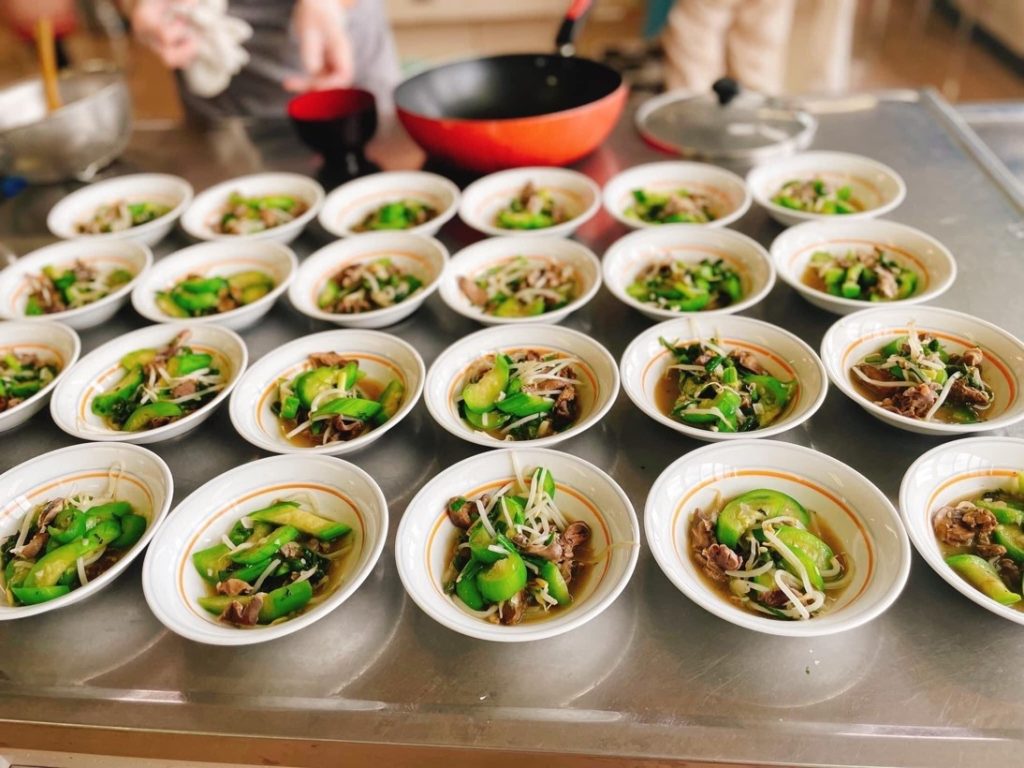
Copyright © Ngo Tu Thanh 2022
In summary, Buzen, although a small city, offers great potential for regional revitalization with its efforts in international cooperation and multiculturalism. I personally had a wonderful time in Buzen and very much look forward to visiting the city again.
